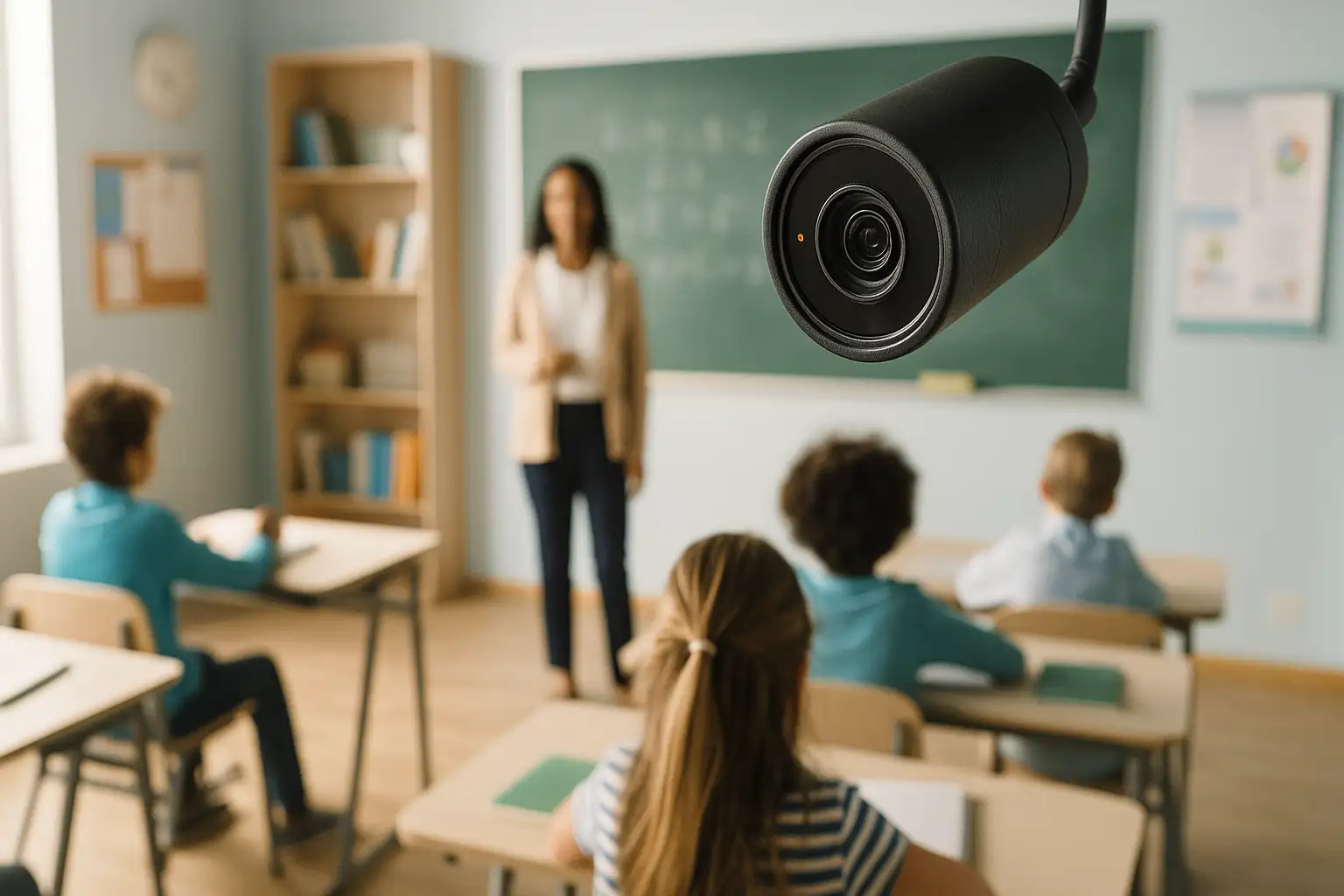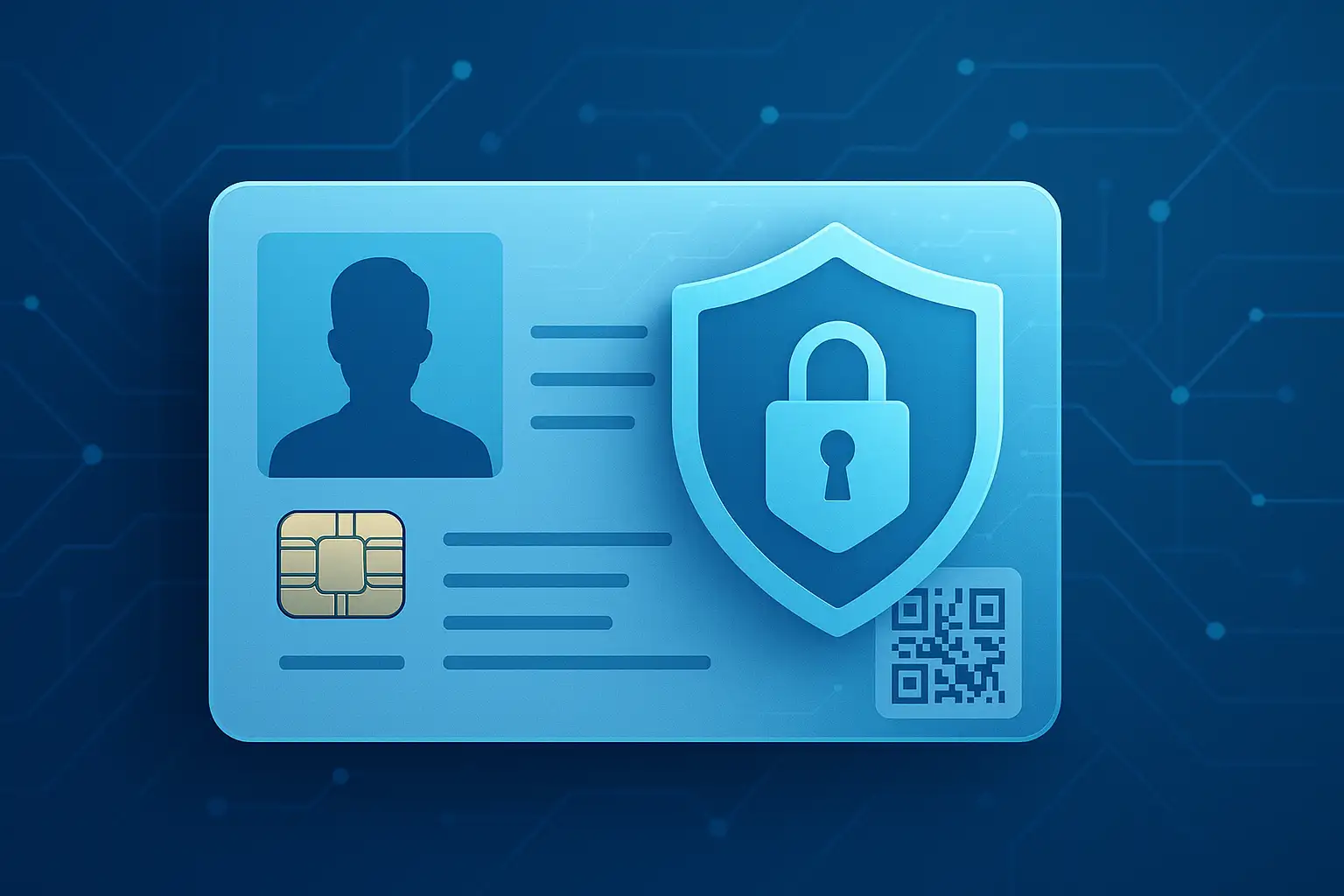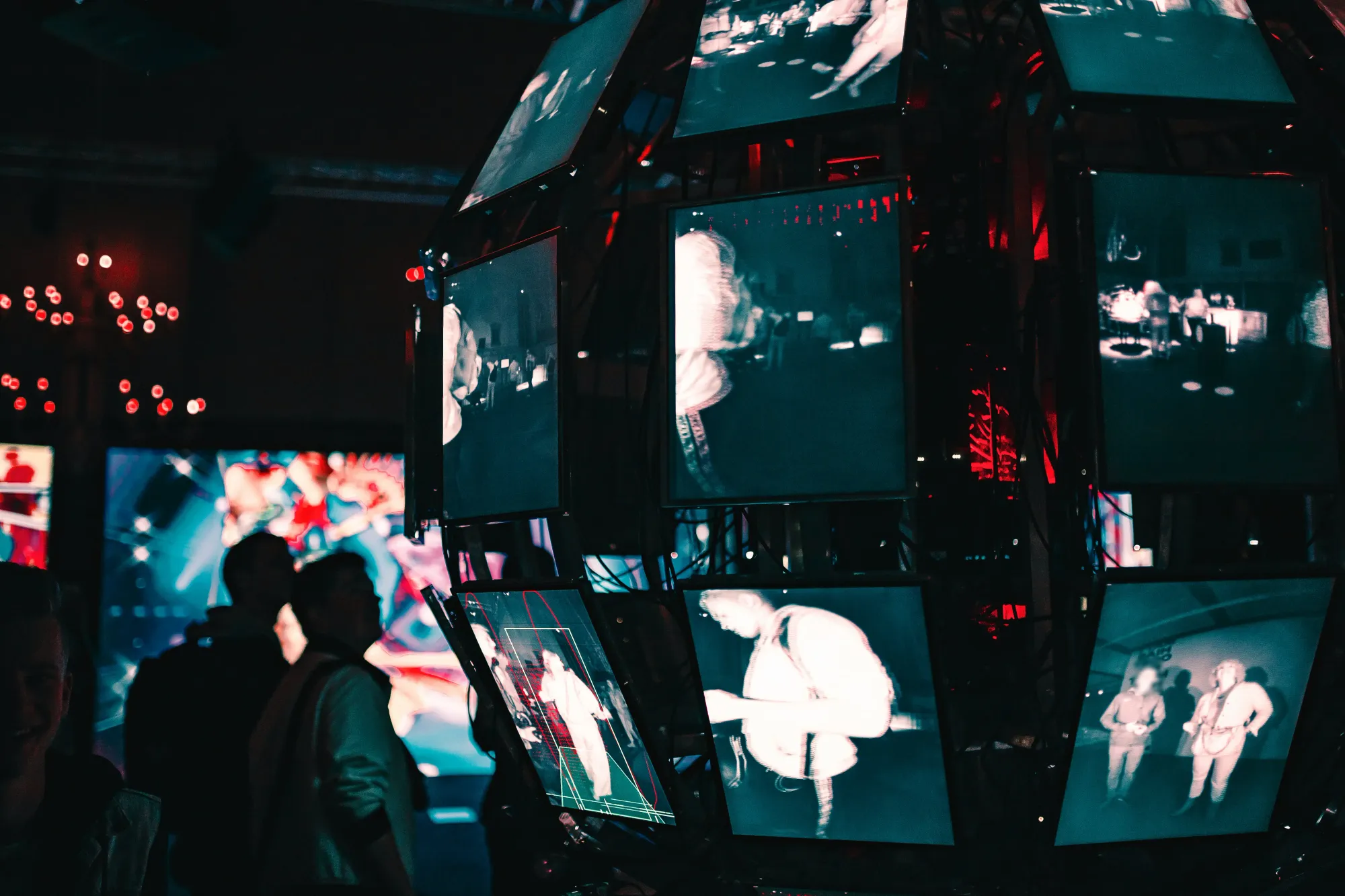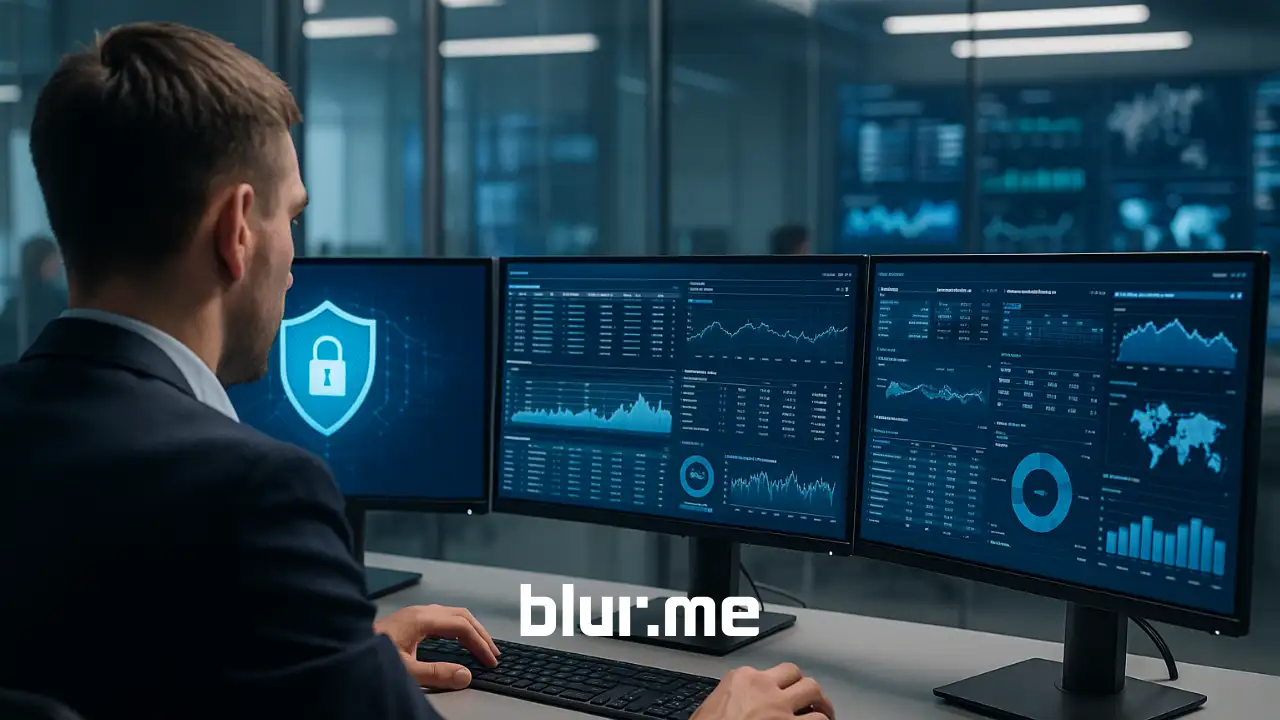The question “Is it legal to have cameras in classrooms?” has become increasingly relevant as schools adopt more surveillance technology for safety, monitoring, and teaching improvements. While school security cameras and CCTV in classrooms can deter bullying and enhance safety, they also raise important legal and privacy concerns.
In the United States, videotaping laws in schools are shaped by federal privacy laws like the Family Educational Rights and Privacy Act (FERPA), state-specific rules, and district-level school surveillance camera policies. Educators, parents, and administrators need to understand these rules to avoid FERPA violations, protect students’ rights, and maintain public trust.
This guide breaks down classroom camera laws, offers real-world examples, and explains how tools like BlurMe help schools comply with privacy regulations by anonymizing video footage before release.
Why Schools Install Cameras in Classrooms
Before diving into legality, it’s important to understand why cameras in classrooms exist at all:
- Safety & Security – Prevent and document incidents such as fights, theft, or vandalism.
- Teacher Performance Reviews – Assist in teacher training, evaluation, and professional development.
- Behavior Management – Deter bullying and misconduct among students.
- Parental Assurance – Offer peace of mind in special education or early childhood settings.
- Evidence Collection – Provide documentation for disputes or investigations.
Is It Legal to Have Cameras in Classrooms?
The short answer: It depends on the purpose, placement, and local laws.
Federal Law: FERPA Compliance
FERPA protects the privacy of student education records, which can include images and videos where a student is personally identifiable. This means:
- Video that shows students and is maintained by the school is an education record.
- Parents have the right to request access to such footage.
- Schools must have policies in place for storage, access, and disclosure.
Failing to follow FERPA guidelines could result in violations, fines, and loss of federal funding.
State Laws: Vary Widely
Some states, like Florida, have specific rules that address whether cameras in classrooms are legal. For example, laws may limit camera use to special education classrooms or prohibit recording without consent. Always check your state’s education code and Child Protection Act photography provisions.
Audio Recording: A Special Concern
Many states have two-party consent laws for audio. If school cameras record sound, this could violate wiretapping laws without proper consent.
How BlurMe Helps Schools Stay Compliant
BlurMe is an AI-powered video redaction software designed for speed, accuracy, and compliance. It can:
- Automatically detect and blur faces, blur license plates, or other identifying details.
- Support CCTV redaction for classroom, hallway, and outdoor footage.
- Allow custom blurring for specific students, objects, or sensitive materials.
- Process large volumes of footage quickly for FERPA-compliant release.
By using BlurMe, schools can safely share video for investigations, training, or parental requests—without risking legal violations.
How to Blur Students’ Faces in a Video with BlurMe
Protecting student privacy is easy with BlurMe—our 100% online AI video blurring tool.
Step 1: Open BlurMe in your browser and upload your classroom video.
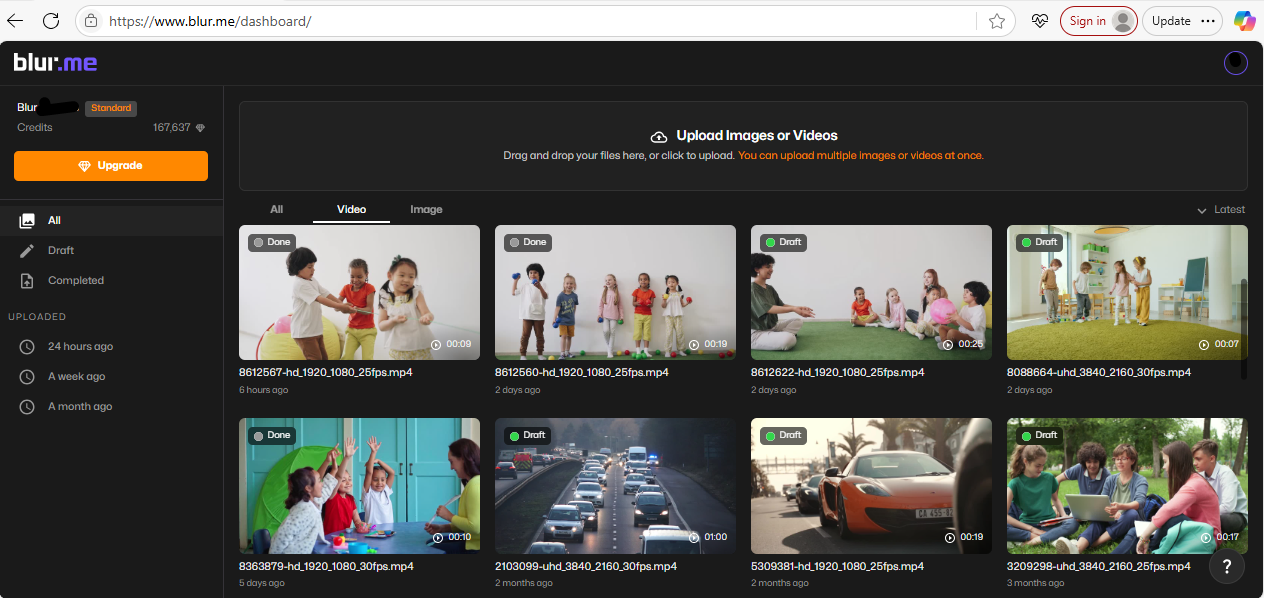
Step 2: Select AI Blur to automatically detect all faces.
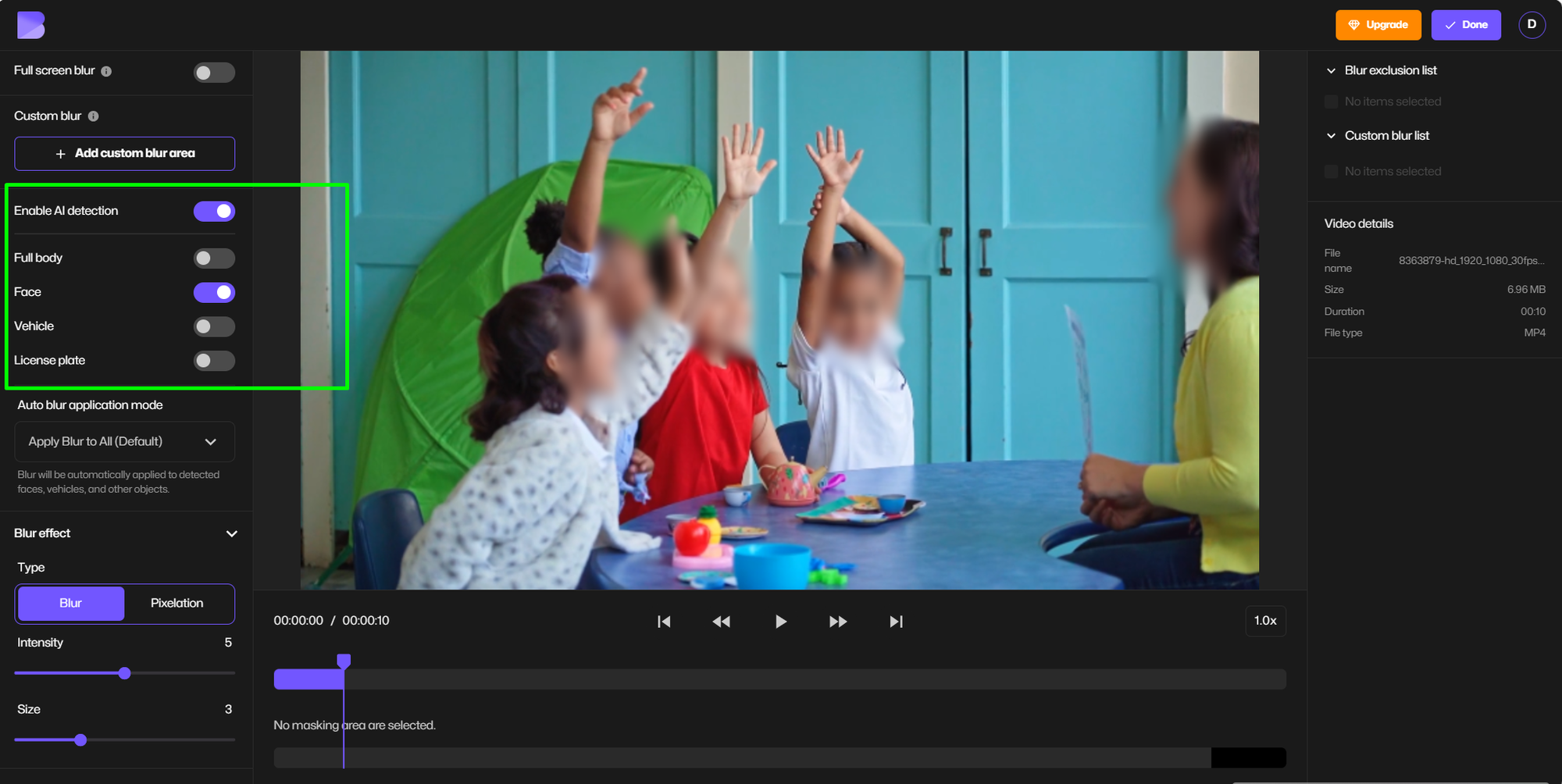
Step 3: Click on any faces you want to keep visible or unblur.
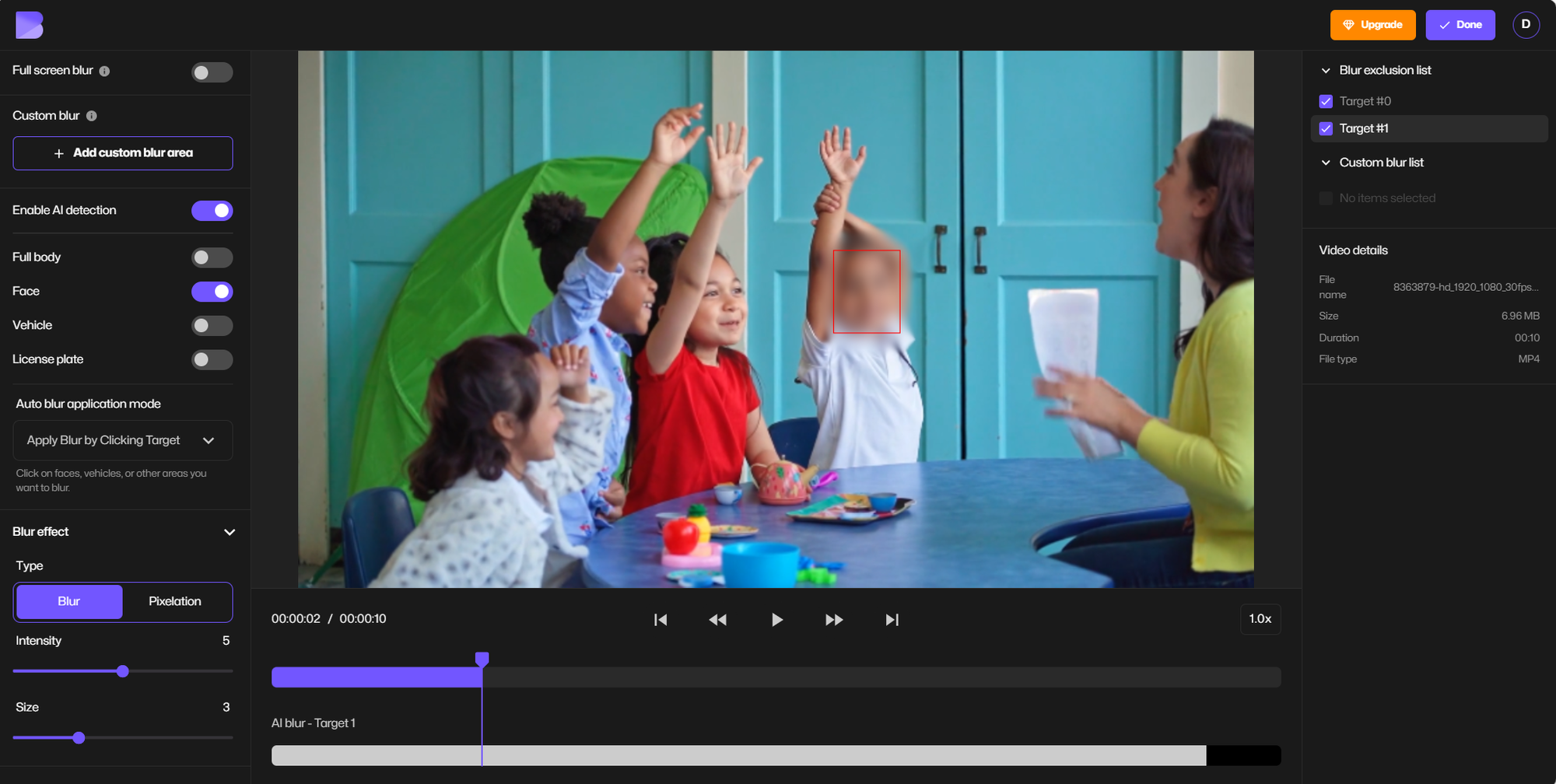
Step 4: Adjust blur style (pixelation, mosaic, or soft blur) as needed.
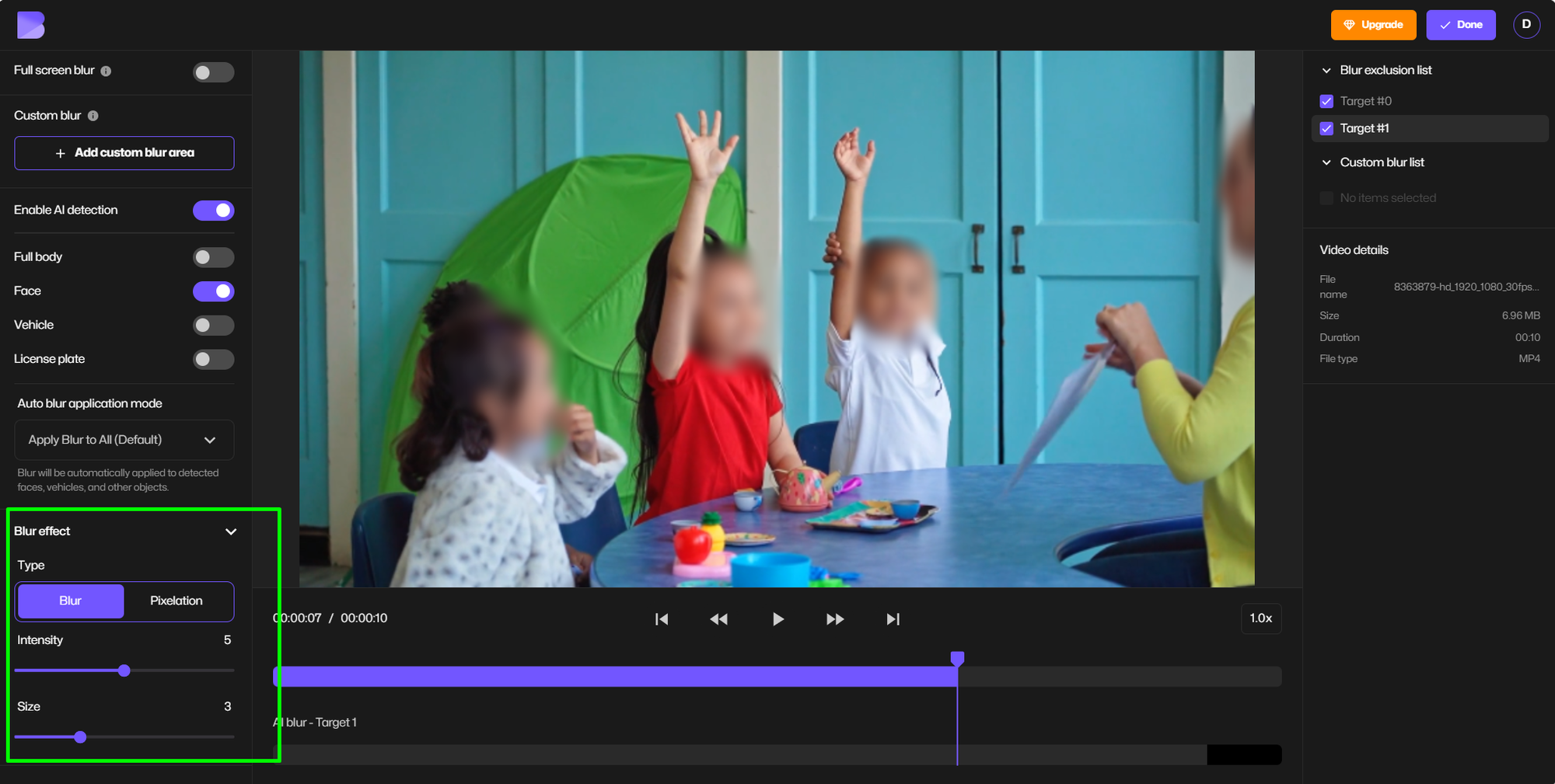
Step 5: Export the video—students’ identities are now safely hidden.
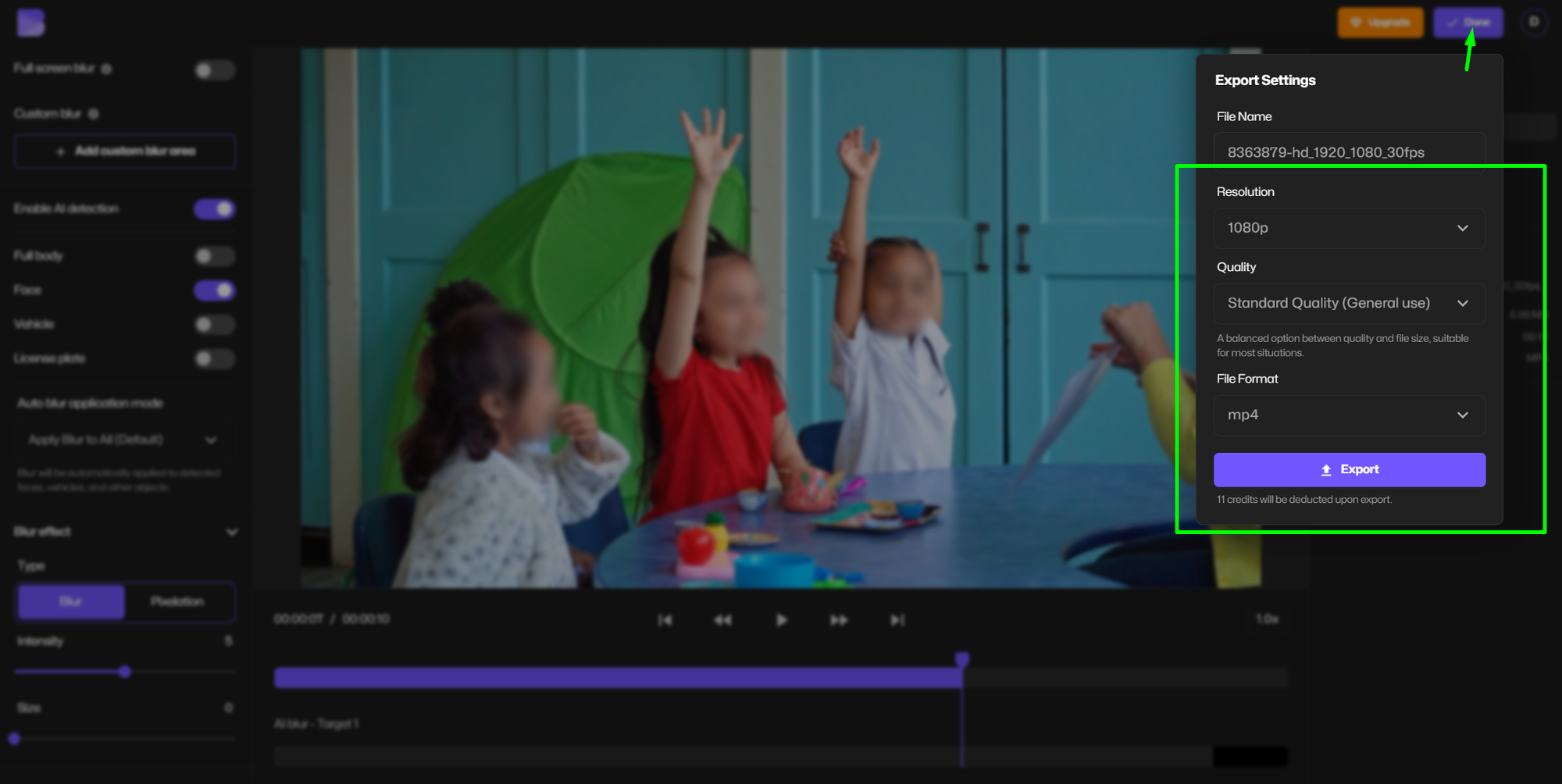
Visit our complete guide on blurring out student faces for more information.
Common School Video Surveillance Policies
A typical school surveillance camera policy might include:
- Where cameras can and cannot be placed (classrooms, hallways, but not bathrooms or locker rooms).
- How long the footage is stored (many schools keep camera footage for 30–90 days).
- Who can access the footage (administrators, law enforcement, certain parents).
- Whether parents can request video footage from a school.
- Guidelines for CCTV redaction before footage is shared.
FERPA Violation Examples Related to Cameras
Here are some real-world FERPA violation examples related to school cameras:
- Posting classroom videos on social media that show identifiable students without consent.
- Sharing fight videos between students without blurring faces.
- Allowing parents to view classroom footage that includes other students without redaction.
Can Teachers or Students Record in School?
- Teachers taking pictures of students: Allowed if for school purposes, but may require parental consent for public use.
- Students recording other students without permission: Usually against school rules and may violate state privacy laws.
- Recording fights in school: Often prohibited and may be a disciplinary offense.
Can Parents Request Video Footage from a School?
Under FERPA, parents can request access to video that is part of their child’s education record. However:
- Schools are not required to provide copies if viewing in person is possible.
- If other students appear in the footage, redaction (e.g., blurring faces) is required before release.
- This is where video redaction software becomes essential for compliance.
How Long Do Schools Keep Camera Footage?
Typical retention periods range from 30 to 90 days, depending on the district’s policy. Some incidents may require footage to be preserved longer for legal or investigative reasons.
FERPA vs HIPAA in Schools
- FERPA: Governs education records, including student video.
- HIPAA: Governs health records, not typically applicable in schools unless the school is a healthcare provider.
Tips for Staying Legal with Cameras in Classrooms
- Check Local Laws: State and district rules vary.
- Limit Audio Recording: Only use it if consent laws are met.
- Create a Clear Policy: Define where, why, and how cameras are used.
- Use Redaction Tools: BlurMe can automate FERPA compliance for footage.
- Train Staff: Ensure teachers and administrators know what’s legal.
FAQ: Cameras in Classrooms
Q: Is it illegal to have cameras in classrooms in Florida?
A: Florida allows cameras in certain cases, such as special education classrooms, but requires clear consent and purpose.
Q: Do school cameras have audio?
A: Some do, but recording audio often requires consent under state law.
Q: Can I put a camera on my child at school?
A: Usually no, unless explicitly approved by the school and compliant with local laws.
Q: Is CCTV in schools common?
A: Yes, especially in hallways, entrances, and sometimes classrooms for safety monitoring.
Conclusion
Cameras in classrooms are a complex intersection of safety, technology, and privacy law. While they can improve security, improper use can lead to serious FERPA violations and community backlash.
By following videotaping laws in schools, creating strong policies, and using AI-powered tools like BlurMe Blur Face for video redaction, schools can strike the right balance between safety and privacy.
For more on compliance-friendly video editing, visit our guide to CCTV Redaction or try BlurMe’s free online tool today.


